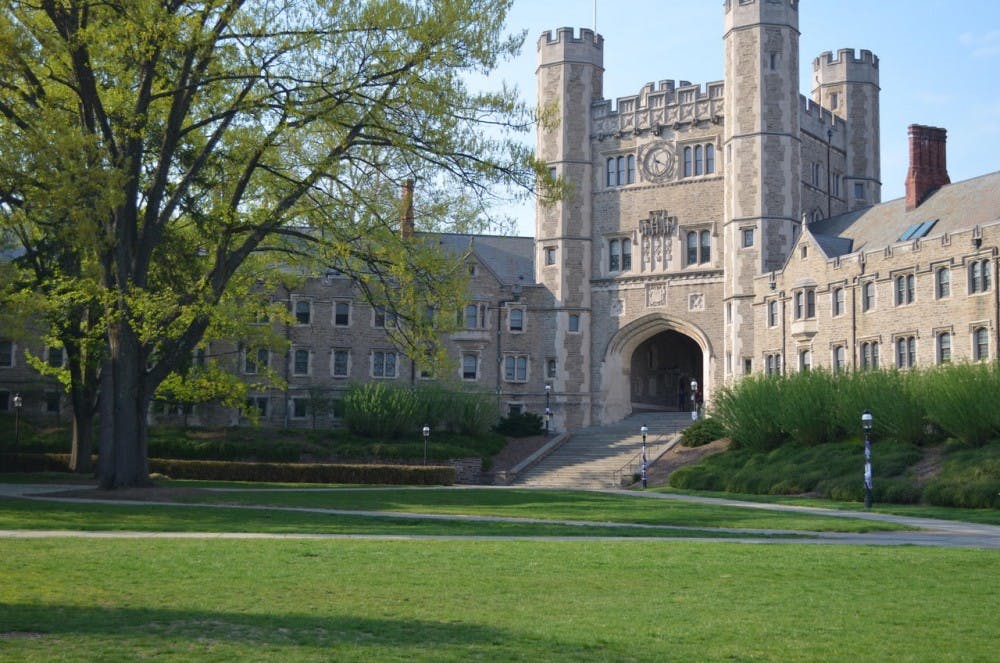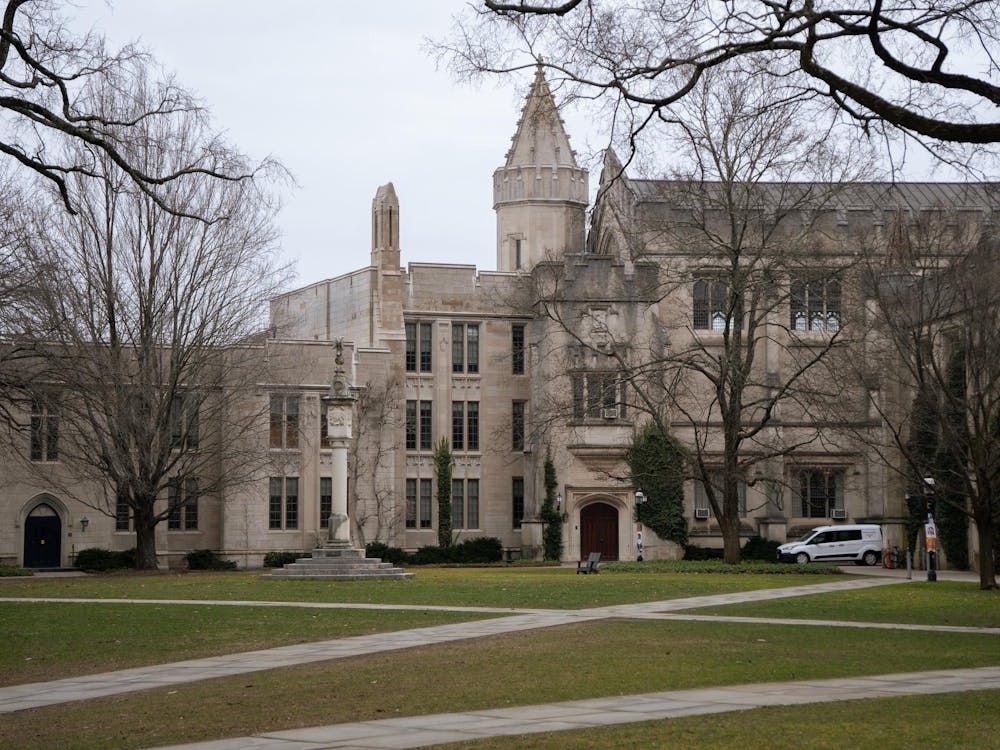The committees that currently consider Honor Code violations are set to undergo a potentially dramatic overhaul.
After the Honor System Review Committee recommended that a new committee be created to improve communication, a “Reconciliation Committee” was formed. The Reconciliation Committee will replace the Honor System Review Committee and the Disciplinary Review Committee. By combining the two committees into one committee made up of faculty and students, administrators hope to eliminate discrepancies between different disciplinary actions taken on students. According to Dean of the College Jill Dolan, who helped create the Reconciliation Committee, it will take on all of the reports from each of the previous committees.
“The new committee will pull their recommendations together and decide which of them to move forward and how,” she said.
Under the old system, the Disciplinary Review Committee focused on take-home exams, academic coursework, and all personal conduct unrelated to academics. The Honor Code Committee, on the other hand, focused on in-class disciplinary issues, like tests and examinations.
Students told The Daily Princetonian that this system was confusing because different cases went to different committees. So, the same Honor Code infraction would be considered by different groups of officials depending on the setting in which it was committed. From there, each committee considered infractions using their own rules.
Former Honor Committee member Micah Herskind ’19 told the ‘Prince’ that the two-committee system wasn’t fair.
“We were sending people away for a year for something that could be really small or really big, and there’s no real variation in consequence,” he said.
With the creation of the new Reconciliation Committee, administrators hope punishments can be more uniform.
“One of the things that we must absolutely be consistent about is that when giving penalties for violation of university policies, they have to be consistent across campus,” said Vice President for Campus Life W. Rochelle Calhoun, another administrator responsible for the creation of the Reconciliation Committee.
“We had students on both of these former committees, and we will be looking to see if some of those students want to continue, just to create some continuity,” Calhoun said.
But Herskind said he’s skeptical that the new committee will benefit students because the punishments themselves aren’t changing.
He said the administration uses “new names for the same system.”

Last year, the Honor System Review Committee only passed one of the four student referenda presented by the Undergraduate Student Government that would have altered Honor Code procedures and penalties.
The one referendum that was passed requires committee members to call students to alert them that they’re under investigation for violations.
However, the Reconciliation Committee will not reconsider the other referenda, which would have eliminated suspension rules, given professors more rights, and required more evidence against students if passed.
“I worry that [making a new committee] is looking at the procedural level,” Herskind said. “If you’re not changing the penalty, you’re not changing anything that’s substantive.”
There is still no plan for the three unpassed referenda to undergo faculty review.
“The two former committees have been handled in a way that is not transparent or completely ignores the desires of the student body,” said Sharon Musa ’20, who is unaffiliated with the committees.
“I don’t know if the new committee will be able to do much, because in the past students have made requests and the administration has ignored the requests,” Musa said.
Calhoun stressed that having one committee overseeing the disciplinary process for academic integrity should allow students who are not affiliated with Undergraduate Student Government or the Reconciliation Committee to have a much better understanding of the disciplinary review process.
USG Academic Chair Olivia Ott ’20, who helps with selecting members of the Honor Committee, confirmed that the new Reconciliation Committee will function to further the work of the Honor Review Committee.
“I think that the role of the committee will be to evaluate the recommendations made in the recent report by the Honor System Review Committee and determining which of those recommendations if any of them at all will be implemented and how they will go about that,” Ott said.
According to Dolan, “this long review of the academic integrity process at Princeton will come to a resolution that will please both faculty and students. We’re looking forward to charting the near future of this work at Princeton, based on the work accomplished by these two committees over the last two years.”









